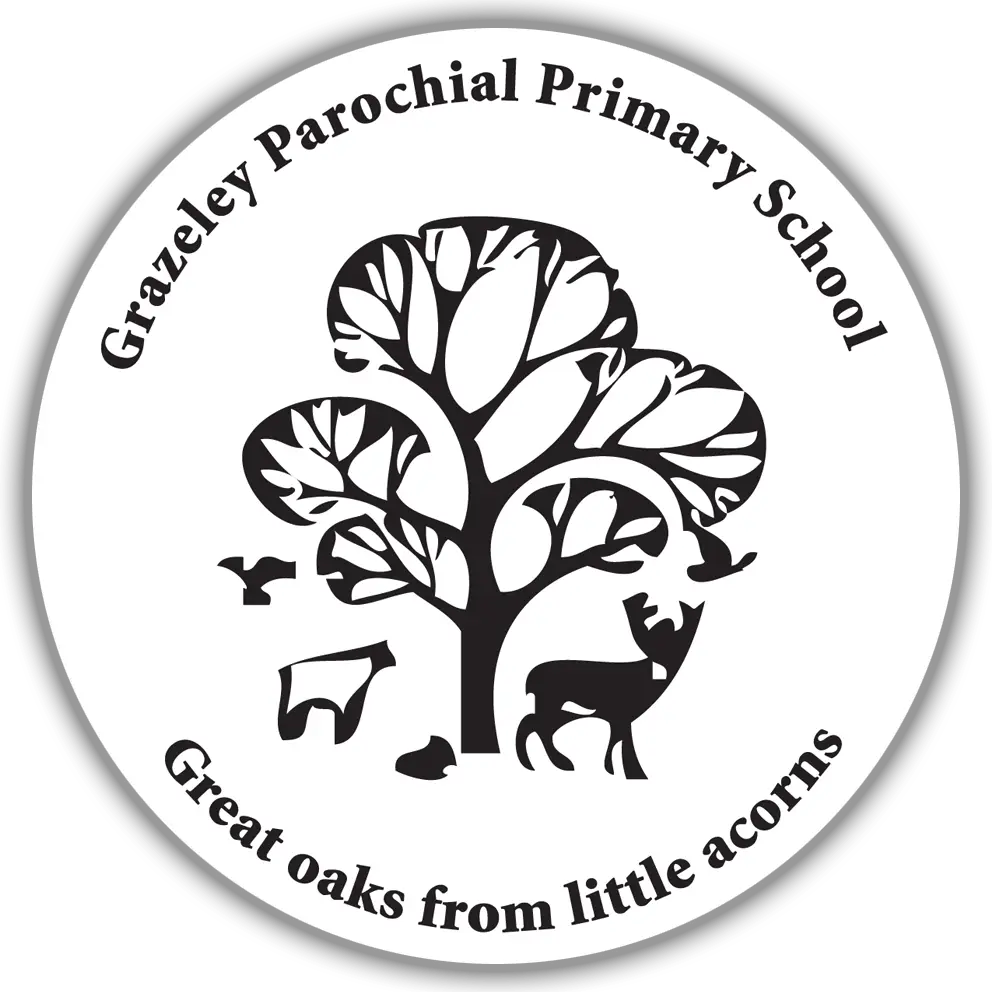- 0118 9883340
- [email protected]
Assessment
Target Tracker is our assessment system that provides reliable information to you about how your child is performing. It also helps to drive improvement for children and teachers ensuring school is keeping up with external practice and innovation.
Assessment
Assessment and Progress Tracking
Target Tracker is the system that our teachers use to track the progress & attainment children in Years 1-6. Teachers use this continuously and report results to the Headteacher & Governors throughout the year.
The school reports to parents three times a year, twice at parents evenings and once as part of your child’s annual school report. You will receive your child’s targets based on the Target Tracker statements. Parents often find it useful to view all the statements and you can find them and answers to frequently asked questions below.
Target Tracker
The National Curriculum has been written to give Age Related Expectations (ARE) for the end of each year. As children travel from Year 1 to Year 6 in our school, they are tracked against the Age Related Expectations. At Grazeley, we use Target Tracker to support our tracking, this provides us with numbered bands and steps to track children.
What are Bands?
Each year group to be a ‘Band’ therefore Year 1 = Band 1, Year 2 -Band 2, Year 3 – Band 3, Year 4- Band 4 and so on.
What are Steps?
Each year band has been broken down into six steps with in the year group:
– beginning (b)
– beginning + (b+)
– working within (w)
– working within + (w+)
– secure (s)
– secure + (s+)
Each pupil begins a year group as a ‘b’ and progress through the levels as the year evolves.
What does each step actually mean?
The three broader sections may be thought of in these terms;
– B/B+ Beginning – Pupil learning is chiefly focussed on the criteria for the band. There may be minimal elements of the previous band still to gain complete confidence in.
– W/W+ Working Within – Pupil learning is fully focussed on the criteria for the band. This is a teacher best fit decision but could be informed by statement assessments between around 40% and 70% achieved.
– S /S+ Secure – Confidence in all of the criteria for the band. There may be pupil learning still focussed on gaining thorough confidence in some minimal elements but the broad expectations for the band have been met.
Lower and high attaining pupils may be working at a band outside of their current year.
For children to be working at age related expectation, they would need to reach the secure (s) step at the end of the appropriate year, although during the transition period w+ is also acceptable.
Why have we got 'b' and 'b+'?
Each band is broken into two parts to enable progress within the band to be evident. For example, a pupil may be assessed as Band 2 Beginning (2b) in the Autumn term in Year 2. The next time the teacher records their assessment they may not feel that the pupil has progressed to Working Within, but the pupil has made progress. An assessment of Beginning + will allow that progress to be shown.
So what's the 's+' step all about?
The advice from the Government is that pupils who have gained a secure understanding of the Y1 programme of study, for example, should not be automatically moved on to the next year’s programme.
Instead they should be provided with extension work to deepen and consolidate their understanding of the concepts and skills already grasped.
The current curriculum is challenging so this extension work will be covered by a small cohort of each year group. Secure +, pupils have attained a more thorough and wide ranging grasp of the content and concepts.
Secure + is a stepping stone on to the criteria in the following band.
Where should my child be ideally
This will obviously depend on the pupil’s ability level and how hard they work!
However, the expected standard at the end of each academic year will be ‘s’ – ‘secure’.
BUT we will be tracking progress as well and each pupil will ideally make 6 ‘steps’ of progress from one year to the next.
So Helen who was ‘2s’ (Year 2 and ‘secure’) at the end of Y2, should be ‘3s’ by the end of Year 3 and ‘6s’ by the end of Year 6.
So what should the age expected ideal attainment and progress look like?
For a pupil to attain thorough coverage of the year band, children should reach the secure (or s) step by the end of the appropriate year.
Targets
This is an example of how targets might be set for a child with a year one entry level assessment as working just below band 1 at the end of the EYFS requirements (40-60s+), in order for them to reach the Keys stage 2 standard, 2 secure (2s) at the end of Year 2. In turn a child achieving 2 secure (2s) at the end of Year 2 would have a target of 6 secure (6s) at the end of Year 6.
So what should the age expected ideal attainment and progress look like?
For a pupil to attain thorough coverage of the year band, children should reach the secure (or s) step by the end of the appropriate year.
How can you help?
Be aware of expectations – year group expectations can be found below
Be aware that the curriculum is about breadth, depth and mastery too. Not moving to the next band
Support school by working with your child at home.
